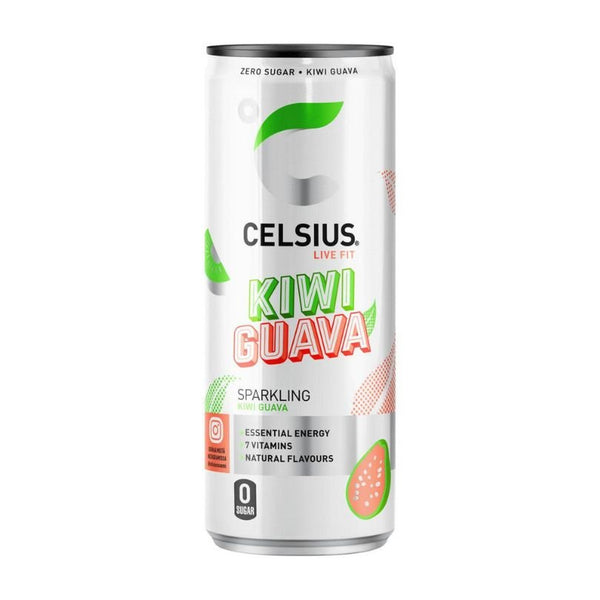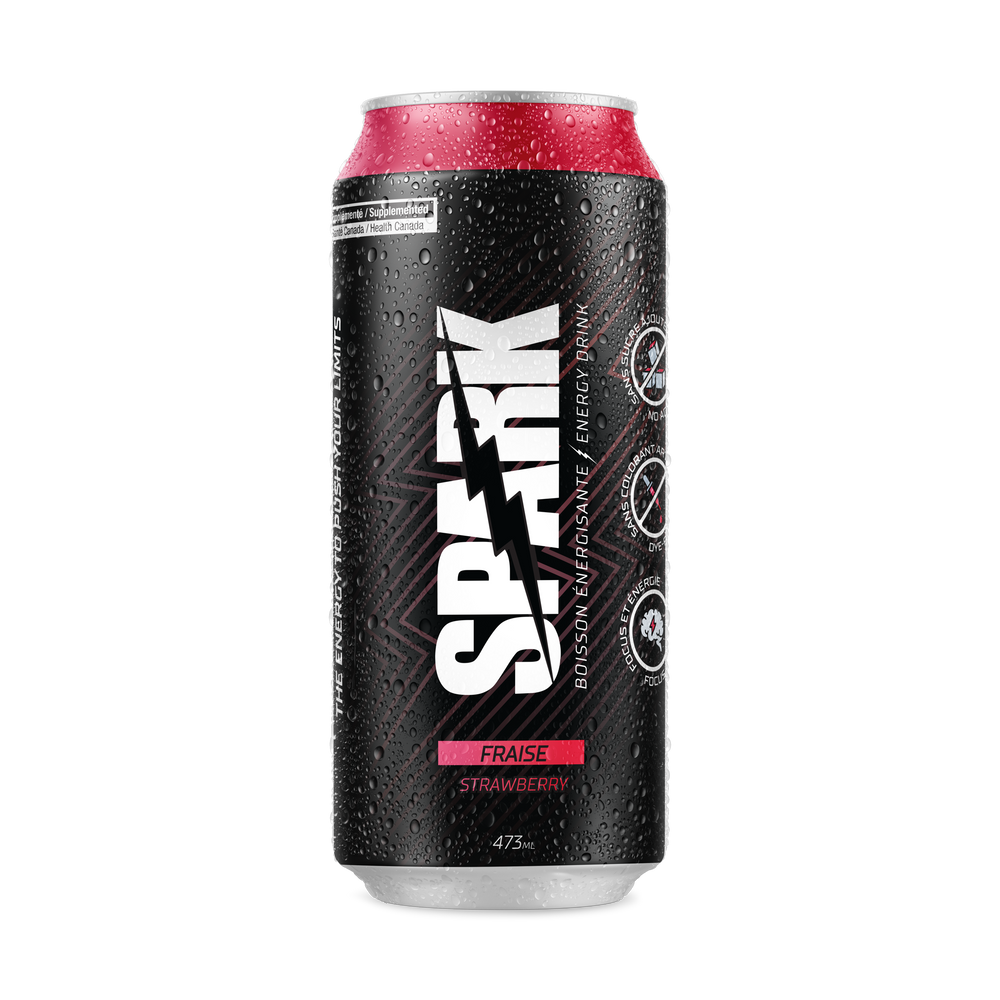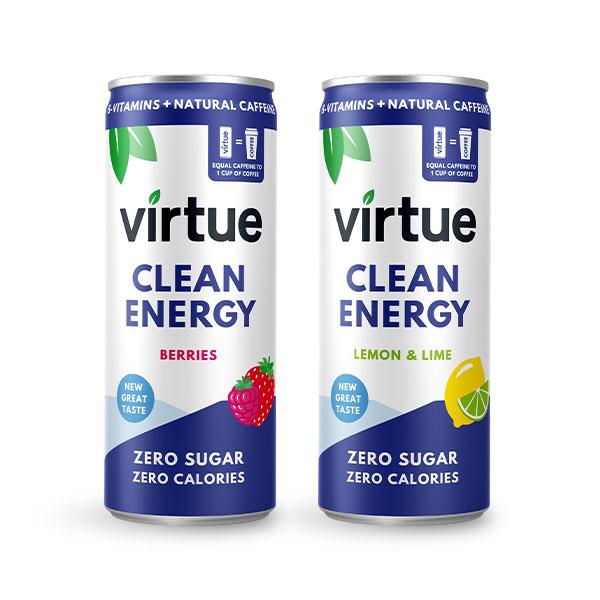Identifying the Need for Energy Drinks in the Elderly
Energy drinks for seniors! Recognizing when energy drinks might benefit seniors is crucial. Reduced energy levels often affect older adults. This may occur due to natural aging or underlying health conditions. Chronic fatigue in seniors might indicate a need for more nutrients or energy sources. Before introducing energy drinks, assess their current diet and energy patterns. Consultation with healthcare providers ensures the safe use of energy drinks. They can advise on potential impacts for specific health conditions. Choosing the right energy drink can enhance an elderly person’s quality of life. However, it should complement a balanced diet and proper hydration.

Key Ingredients to Consider in Senior-Friendly Energy Drinks
When selecting energy drinks for seniors, it’s important to look for key ingredients that support their health:
- Vitamins: Vital for immune system support and preventing deficiencies.
- Minerals: Essential for bone health and metabolic processes.
- Low Caffeine: An appropriate amount provides energy without causing jitters or disrupting sleep.
- Low Sugar: Prevents blood sugar spikes, critical for diabetic or pre-diabetic seniors.
- Electrolytes: Helps maintain hydration and prevent cramps.
- Protein: Aids in muscle repair and maintenance, crucial for preserving seniors’ mobility.
Each ingredient plays a role in a senior’s health, and the right mix can contribute to their well-being and vitality.
Understanding Caffeine Content: Balancing Energy and Safety
For seniors, the caffeine content in energy drinks requires careful consideration. Aging bodies process caffeine differently, often more slowly, leading to a higher risk of side effects from overconsumption. It’s crucial for seniors and their caregivers to look for energy drinks with low caffeine levels. Typically, a light caffeine boost can suffice to enhance alertness without the negative impacts, such as heightened anxiety, insomnia, or heart palpitations.
Moderate amounts of caffeine — roughly 100 milligrams per serving — can offer the needed energy without the risks associated with higher doses. This is about the equivalent caffeine content found in a single cup of coffee. Careful label reading and discussions with healthcare professionals can ensure safe caffeine intake for seniors, providing the perks of increased energy while keeping safety at the forefront.
Sugar and Sweeteners: What’s Best for Senior Health?
When choosing energy drinks for seniors, sugar content is a critical factor. High sugar levels can lead to blood sugar spikes, which are especially dangerous for seniors with diabetes or pre-diabetic conditions. Opting for drinks with low sugar or natural sweeteners can prevent these spikes while still providing a pleasant taste.
Selecting the Right Sweeteners
It’s advisable to choose energy drinks that use natural sweeteners like stevia or monk fruit. These provide sweetness without the added calories or sugar’s negative effects on metabolism. Artificial sweeteners, while low in calories, can sometimes cause digestive issues or unwanted chemical intake. Reading labels helps avoid sweeteners that might interact with medications or exacerbate health issues.
Always consult healthcare providers when adding sweetened products to a senior’s diet, to ensure safety and health optimization.
Nutritional Value: Vitamins and Minerals for the Aging Body
When evaluating energy drinks for seniors, examining nutritional value is fundamental. Given that seniors may have varied dietary needs, a drink rich in vitamins and minerals enhances their overall nutrition. Such drinks can serve not only as a source of energy but also help to fulfill the dietary gaps that may exist in a senior’s regular meal plan.

Essential Vitamins
Look for drinks that include vitamins vital for senior health, like Vitamin B12 for nerve function, and Vitamin D for bone health. Vitamin C is another key ingredient, supporting the immune system and aiding in the absorption of iron.
Important Minerals
Minerals like calcium, magnesium, and potassium support bodily functions that are crucial for senior wellness. Calcium strengthens bones, reducing the risk of fractures. Magnesium aids with muscle and nerve functions, and potassium helps to regulate fluid balance and blood pressure.
Antioxidant Additions
Antioxidants such as Vitamin E protect the body’s cells from damage. These can neutralize harmful free radicals, potentially decreasing the risk of certain chronic diseases more prevalent in older age.
It’s recommended for seniors and their caregivers to discuss nutrient needs with healthcare providers. This way, they can choose energy drinks that are tailored to the individual’s health requirements, ensuring safety and effectiveness.
Natural vs Synthetic: Choosing Healthy Energy Sources
When considering energy drinks for seniors, the source of energy is key. Natural sources are derived from plants and provide a steady supply of energy. Synthetic energy is man-made and can lead to quick bursts of energy followed by crashes. For seniors, a natural, sustained energy source is often better.
Pros of Natural Energy Sources
- Gentle on the Body: Natural sources like green tea or yerba mate offer a milder boost.
- Nutrient-Rich: These sources often come with additional health benefits, such as antioxidants.
- Better Metabolism: Natural energy tends to be processed more smoothly by the body.
Cons of Synthetic Energy Sources
- Quick Crashes: Artificial stimulants can cause sudden energy spikes and dips.
- Potential Side Effects: Synthetic compounds might strain the heart or nervous system.
- Interactions with Medications: Some synthetic sources can react adversely with medications seniors may be taking.
When choosing drinks, it’s wise to opt for natural sources. These can support sustained activity without unwanted side effects. Always read labels to understand what’s in a drink and talk it over with healthcare professionals. By choosing wisely, caregivers can help seniors stay active and enjoy a better quality of life.

Flavor Profiles: Catering to Senior Tastes and Preferences
Senior-friendly energy drinks should have appealing flavors. It’s important as taste buds change with age. A right flavor can make these drinks more enjoyable, encouraging regular consumption. Look for familiar and favored tastes like vanilla, chocolate, or various fruits. Avoid overly complex or strong flavors that might be off-putting. Additionally, consider drinks without strong artificial aftertastes, which can be a common drawback of some sweeteners.
Choosing Senior-Approved Flavors
When it comes to elderly diets, appealing to their taste preferences is crucial:
- Classic Flavors: Chocolate and vanilla are often safe bets, as they tend to be widely liked.
- Fruity Options: Berry, citrus, and apple flavors can offer a refreshing taste without being overpowering.
- Subtle Sweetness: Look for drinks that are mildly sweet, as overly sweet flavors can be unpleasant to some seniors.
Accommodating Changes in Taste Sensitivity
As we age, our sense of taste often diminishes, leading to preferences for bolder flavors:
- Enhanced Flavors: Opt for energy drinks with more pronounced taste profiles to stimulate appetite.
- Texture Considerations: Smooth, easy-to-drink textures are important for seniors with chewing or swallowing challenges.
- Temperature Preferences: Some seniors may prefer their drinks warm or at room temperature.
Together with careful selection of other drink attributes, well-chosen flavors can greatly contribute to the daily pleasure and nutrition of seniors.
Potential Interactions with Medications and Underlying Health Conditions
Cautiously choosing energy drinks for seniors involves understanding possible drug interactions. Many energy drinks pack high levels of vitamins and stimulants. These can clash with medications that seniors often take. It’s crucial to review ingredients and consult with a healthcare provider before selecting a drink.
Checking with Healthcare Providers
Before starting any energy drink, have a conversation with the senior’s doctor. Discuss all current medications, over-the-counter drugs, and supplements. This step helps avoid harmful interactions. It ensures the drink’s safety for the senior’s specific health conditions.
Monitoring for Side Effects
Once an elderly person begins using an energy drink, watch for changes. Look out for new or worsened symptoms. Side effects like increased heart rate, rises in blood pressure, or sleep issues signal potential problems. Report these to a healthcare professional promptly.
Understanding the Risks
Some seniors may have conditions that make certain energy drinks unsuitable. For example, those with heart disease might need to avoid stimulants. Those with kidney concerns may need to limit certain minerals. Knowing these risks shapes the choice of an appropriate energy drink.
Seniors and their caregivers must stay informed on all aspects of energy drinks. They should always consult with healthcare professionals to navigate their safe use. This cautious approach is the best way to integrate energy drinks into a senior’s lifestyle without compromising their health.
Alternative Ways to Boost Energy for Seniors
In addition to senior-friendly energy drinks, there are other methods to enhance energy. Here are some safe, alternative ways:
Balanced Diet
A diet rich in whole foods like fruits, veggies, whole grains, and lean proteins can boost energy. Eating small meals and healthy snacks throughout the day helps maintain steady energy levels.
Regular Exercise
Light activities such as walking, swimming, or yoga improve stamina and mood. Exercise boosts energy naturally and helps with sleep.
Adequate Hydration
Seniors should drink plenty of fluids. Water helps the body’s cells use energy more efficiently.
Quality Sleep
Good sleep is vital for energy levels. Seniors should have a comfortable, quiet sleep environment and a regular bedtime routine.
Stress Management
Stress can drain energy quickly. Activities like meditation, deep breathing, or listening to music can reduce stress.
Social Engagement
Interacting with others can increase energy. Joining clubs or attending community events keeps seniors active and engaged.
Consulting with healthcare providers is important before making changes to a senior’s routine. They can offer personalized advice suited to individual health needs.
